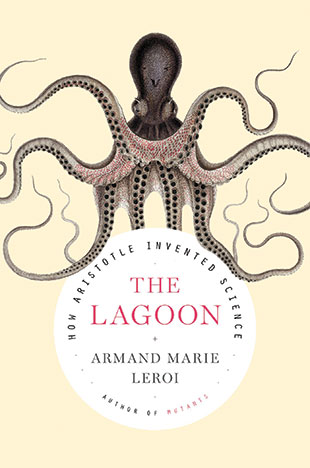 VIKING ADULT, SEPTEMBER 2014In the Aegean Sea there is an island called Lesbos. It has pine-forested mountains, glades of chestnut trees, and valleys filled with blooming rhododendrons. Terrapins and eels navigate the rivers. In the spring and autumn, migrating birds pause there in the thousands as they travel between Africa and Europe.
VIKING ADULT, SEPTEMBER 2014In the Aegean Sea there is an island called Lesbos. It has pine-forested mountains, glades of chestnut trees, and valleys filled with blooming rhododendrons. Terrapins and eels navigate the rivers. In the spring and autumn, migrating birds pause there in the thousands as they travel between Africa and Europe.
And there is the Lagoon. Twenty-two kilometers long, 10 wide, Kolpos Kallonis nearly cuts the island in two. The richest body of water in the Aegean, it is famous for its pilchards, which are best eaten raw, washed down with ouzo. I first went to the Lagoon more than 10 years ago, but have returned many times since. I have done so because it was on its shores that my science—biology—was born.
Around 345 BC, Aristotle left Athens, where for 20 years he had studied and taught at Plato’s Academy. He traveled east, across the Aegean, married, and settled on Lesbos for three years. D’Arcy Thompson, the Scottish zoologist and Aristotle scholar, said it was the “honeymoon of his life.” It was there that Aristotle ...

















